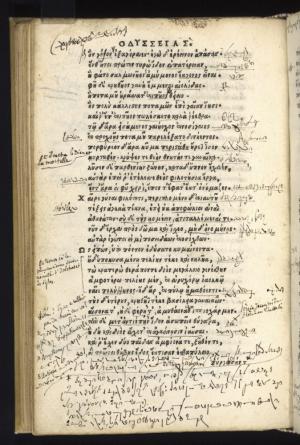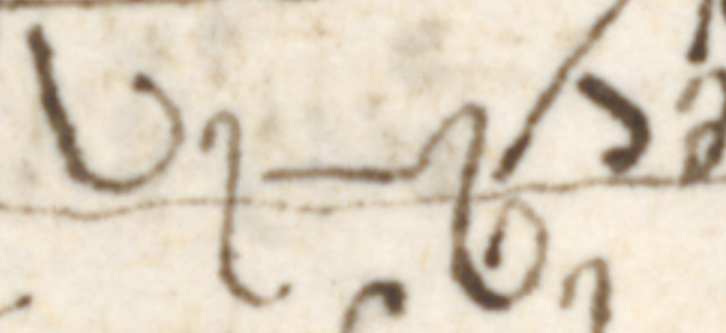 A contest held by the University of Chicago’s Special Collections Research Center has cracked the code of handwritten marginalia in a 1504 Venetian edition of Homer’s Odyssey.
A contest held by the University of Chicago’s Special Collections Research Center has cracked the code of handwritten marginalia in a 1504 Venetian edition of Homer’s Odyssey.
Collector M.C. Lang donated his collection of Homer’s works to the University of Chicago Library in 2007 so that it could be used by students and researchers. The 1504 edition of the Odyssey was included in the donation and the book contained handwritten annotations in an cryptic script that the library was unable to identify.
Lang and the library decided to hold a contest and invited linguists, scholars, and students to decipher the writing. Lang agreed to furnish a prize of $1,000 to the first person to identify the script, provide evidence for his or her conclusion, and to translate selected portions of the marginalia.
Daniele Metilli, an Italian computer engineer currently working toward a career in libraries and archives, won the contest by identifying the script as a French shorthand system developed by Jean Coulon de Thévénot in the late 18th century. A mix of French words and a legible date led Metilli, who worked with a colleague fluent in French, to the conclusion that the script was a system of French stenography. Once Metilli ascertained that it was indeed Thévénot’s system he was able to begin translating. The annotations are largely French translations of Greek words and phrases. Metilli will continue to work on completing the translation in hopes to discover who the author may be.
Metilli credits social media and the internet for his finding.
“If I didn’t have access to online sources such as Google Books, the Greek Word Study Tool of the Perseus Digital Library and the French corpora of the CNRTL, I probably wouldn’t have won,” he said. “What great times we live in!”
Mysterious 150-year-old writing in rare copy of Homer’s ‘Odyssey’ identified
Homer mystery script contest winner and results



 A
A